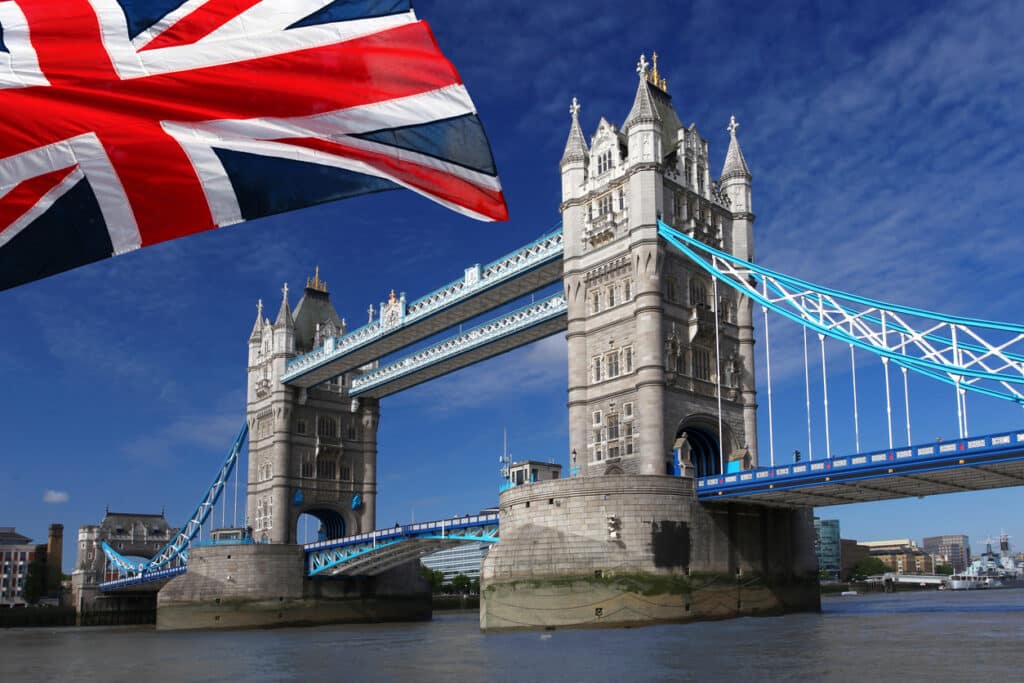Navigating life as a U.S. expat in Canada brings many new experiences—and understanding the Canada legal system is a key part of feeling at home. Whether you’re dealing with contracts, facing a legal question, or simply curious about your rights, knowing how Canada’s legal framework compares to the U.S. can help you make informed decisions and avoid surprises.
In this article, we’ll break down the foundational differences, explore how criminal law is handled, and clarify how courts and judges operate in both countries. Let’s demystify the Canada legal system together, so you can feel confident and empowered as you settle into your new home.
Foundational differences between Canadian parliamentary confederation and U.S. federal republic systems
At first glance, Canada and the U.S. may seem similar—they’re neighbors, share a long border, and have intertwined histories. But when it comes to their legal systems, the differences run deep, starting with the very foundations of government.
Canada’s parliamentary confederation
Canada is a constitutional monarchy and a parliamentary democracy. This means the country recognizes the British monarch as the ceremonial head of state, while real political power rests with elected officials in Parliament. The Canada legal system is rooted in the British common law tradition (except in Quebec, which uses civil law for private matters). Laws are made by Parliament, and the Prime Minister is the head of government. Provinces have significant powers, but the federal government holds ultimate authority in many areas.
U.S. federal republic
The United States, on the other hand, is a federal republic with a written Constitution as its supreme law. Power is divided between the federal government and the states, each with its own constitution and significant autonomy. The President is both head of state and government, and the U.S. legal system is also based on common law, but with a stronger emphasis on the separation of powers and checks and balances.
What does this mean for expats?
If you’re used to the U.S. system, you might find Canada’s approach more centralized in some ways, but also more influenced by British traditions. For example, the role of the monarchy, the structure of Parliament, and the way laws are passed can feel quite different. Understanding these foundational distinctions can help you navigate everything from voting rights to how new laws are introduced.
Federal versus state jurisdiction: How criminal law is unified in Canada but varies by state in the U.S.
One of the most practical differences U.S. expats notice is how criminal law is handled. This is where the Canadian legal system stands out for its consistency.
Unified criminal law in Canada
In Canada, criminal law is exclusively a federal matter. The Criminal Code of Canada applies uniformly across all provinces and territories. This means that whether you’re in Vancouver, Toronto, or Halifax, the same criminal laws and penalties apply. Enforcement is carried out by local police, but the rules themselves don’t change from province to province.
Varied criminal law in the U.S.
Contrast this with the U.S., where both federal and state governments can create criminal laws. Each state has its own criminal code, which can lead to significant differences in what’s considered a crime, how offenses are prosecuted, and what penalties are imposed. For example, marijuana possession might be legal in one state and a serious offense in another. Federal law overlays this patchwork, sometimes creating conflicts or confusion.
Why does this matter for expats?
If you’re moving from the U.S. to Canada, you’ll likely appreciate the predictability of the Canada legal system when it comes to criminal law. There’s less guesswork about what’s legal or illegal as you move between provinces. However, it’s still important to be aware of provincial regulations in areas like driving, alcohol, and business, which can vary.
Court structure and judicial appointment differences between the two countries
Understanding how courts are organized and how judges are appointed is crucial, especially if you ever need to resolve a legal dispute or serve on a jury.
Canada’s court structure
Canada’s court system is hierarchical and relatively streamlined. At the top is the Supreme Court of Canada, which hears appeals from provincial and federal courts. Below that are federal courts (handling issues like immigration and tax) and provincial courts (handling most criminal and civil cases). Each province has its own court of appeal and trial courts. The system is designed for consistency, with the Supreme Court providing final interpretations of the law.
Judicial appointments in Canada
Judges in Canada are appointed, not elected. Federal judges (including those on the Supreme Court) are appointed by the federal government, while provincial judges are appointed by provincial governments. The process emphasizes merit and legal experience, aiming to keep the judiciary independent from political pressures.
U.S. court structure
The U.S. court system is more complex, with both federal and state courts operating independently. The U.S. Supreme Court sits at the top, but each state has its own court hierarchy, and federal courts handle cases involving federal law or disputes between states. This dual system can sometimes lead to overlapping jurisdictions and different interpretations of the law.
Judicial appointments in the U.S.
Federal judges, including Supreme Court justices, are nominated by the President and confirmed by the Senate. Many state judges are elected by voters, while others are appointed. This mix of appointment and election can make the judiciary more responsive to public opinion, but also introduces political considerations.
What should expats know?
If you’re used to the U.S. system, you may find Canada’s approach to courts and judges less politicized and more uniform. This can make legal outcomes more predictable and reduce the influence of local politics on court decisions. If you ever need legal assistance, knowing which court to approach and how judges are selected can help you navigate the process.
Ready to navigate life in Canada with confidence?
Moving to Canada is a big step, and understanding the Canada legal system is just one piece of the puzzle. If you’re looking for expert guidance on U.S. expat taxes or need help making sense of your cross-border obligations, we’re here to help. Our team specializes in supporting U.S. expats like you—so you can focus on enjoying your new adventure, knowing your tax and legal questions are in good hands.
Frequently Asked Questions
-
How does the Canada legal system differ from the U.S.?
Canada’s legal system is based on a parliamentary confederation with unified federal criminal law, while the U.S. is a federal republic with varied state laws. This means more consistency across Canada, especially in criminal matters.
-
Are court procedures in Canada’s legal system similar to those in the U.S.?
While both use common law traditions, Canada’s courts are more centralized and judges are appointed, not elected, which can lead to more uniform procedures and outcomes.
-
Do provinces in Canada have their own criminal laws like U.S. states?
No, criminal law in the Canada legal system is federal and applies equally across all provinces and territories, unlike the U.S. where states have their own criminal codes.
-
How are judges selected in the Canadian legal system compared to the U.S.?
In Canada, judges are appointed based on merit by federal or provincial governments, while in the U.S., judges may be elected or appointed, depending on the court and state.
-
What should U.S. expats know about legal rights in Canada?
U.S. expats should be aware that while many rights are similar, the Canadian legal system has its own Charter of Rights and Freedoms, and legal processes may differ from what you’re used to in the U.S.

 Connect on LinkedIn
Connect on LinkedIn

